Senate agrees CO2 tax as IPCC issues grim warning
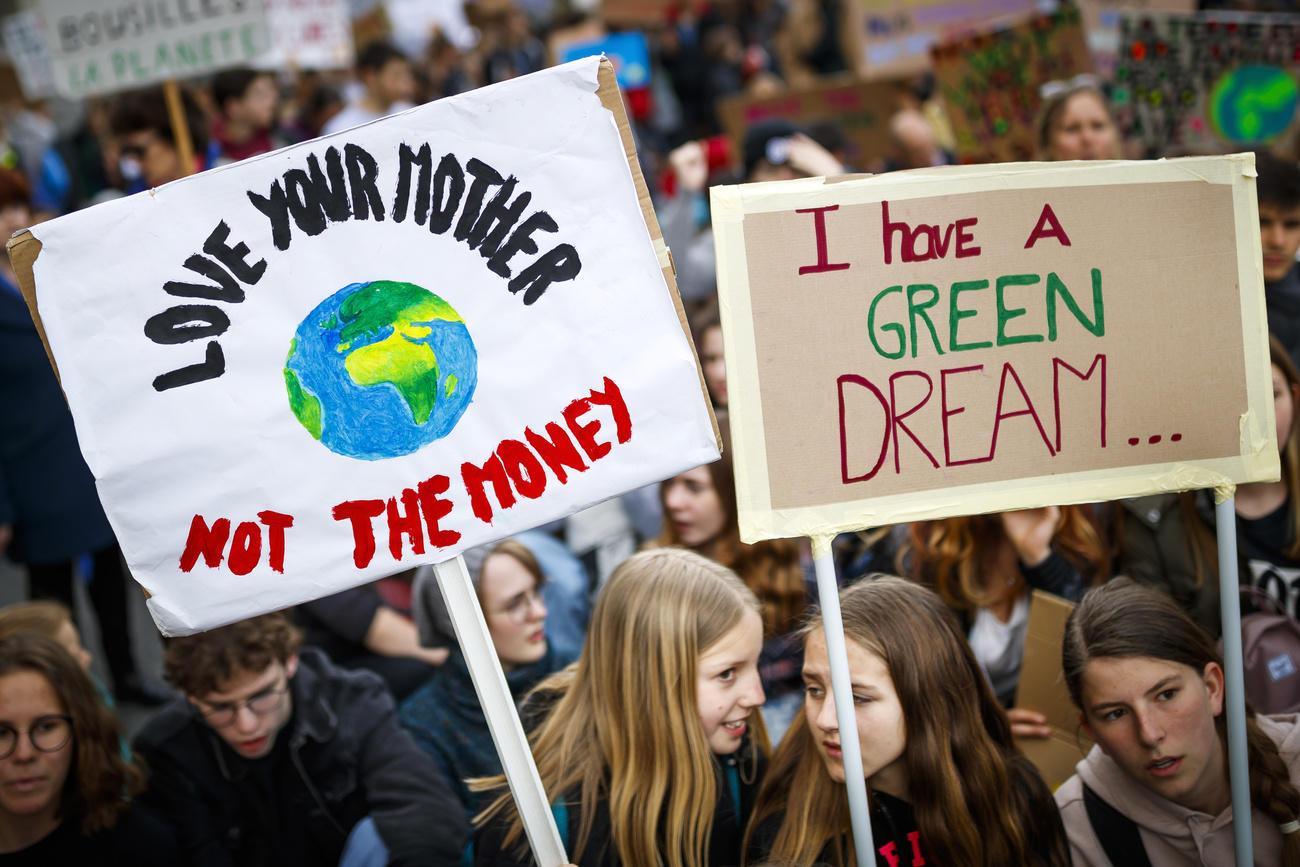
Swiss climate scientists are sounding the alarm over the severe effects of global warming on the alpine environment.
The slopes in the Alps and elsewhere have become increasingly unstable as the permafrost soil keeps getting warmer, says Konrad Steffen, director of the Federal Institute for Forest and Landscape Research.
The climate crisis has been a focal point for the United Nations this week and for Swiss parliament which is mulling introduction of a tax on airline tickets to reduce greenhouse gas emissions.
The thawing of the polar caps sets free reserves of carbon stored in the ice for thousands of years, according to Steffen, who was quoted on Wednesday in a statement of the Swiss Academy of SciencesExternal link.
Steffen is one of the more than 100 researchers from nearly 40 different countries contributing to the latest report of the Nobel Prize-winning Intergovernmental Panel on Climate Change (IPCC).
“We can preserve the essential parts of the iconic high mountain regions by a significant reduction in greenhouse gas emissions,” added Carolina Adler of the Swiss-based research network, Mountain Research InitiativeExternal link.
In the report, published on Wednesday, the IPCC says the sea levels will rise by up to 0.84 centimetres at the end of this century, likely making some island nations uninhabitable due to global warming.
Carbon tax
Meanwhile, the Swiss Senate has decided in principle to impose a tax of CHF30 to CHF120 ($30-$120) on airline tickets to curb air traffic.
Senators also came out in favour of increasing a tax on fuel imports to 12 centimes maximum per litre by 2025 – a six-fold increase on the current import tax.
The decisions came despite warnings by representatives of the mountain regions.
The other parliamentary chamber, the House of Representatives has yet to tackle the revision of the carbon law. The House threw out the government bill in a first reading last December.
The Swiss government pledged to beef up its Paris Agreement pledges and become climate-neutral by 2050, saying that the target is feasible by using already available technologies and renewable energy.
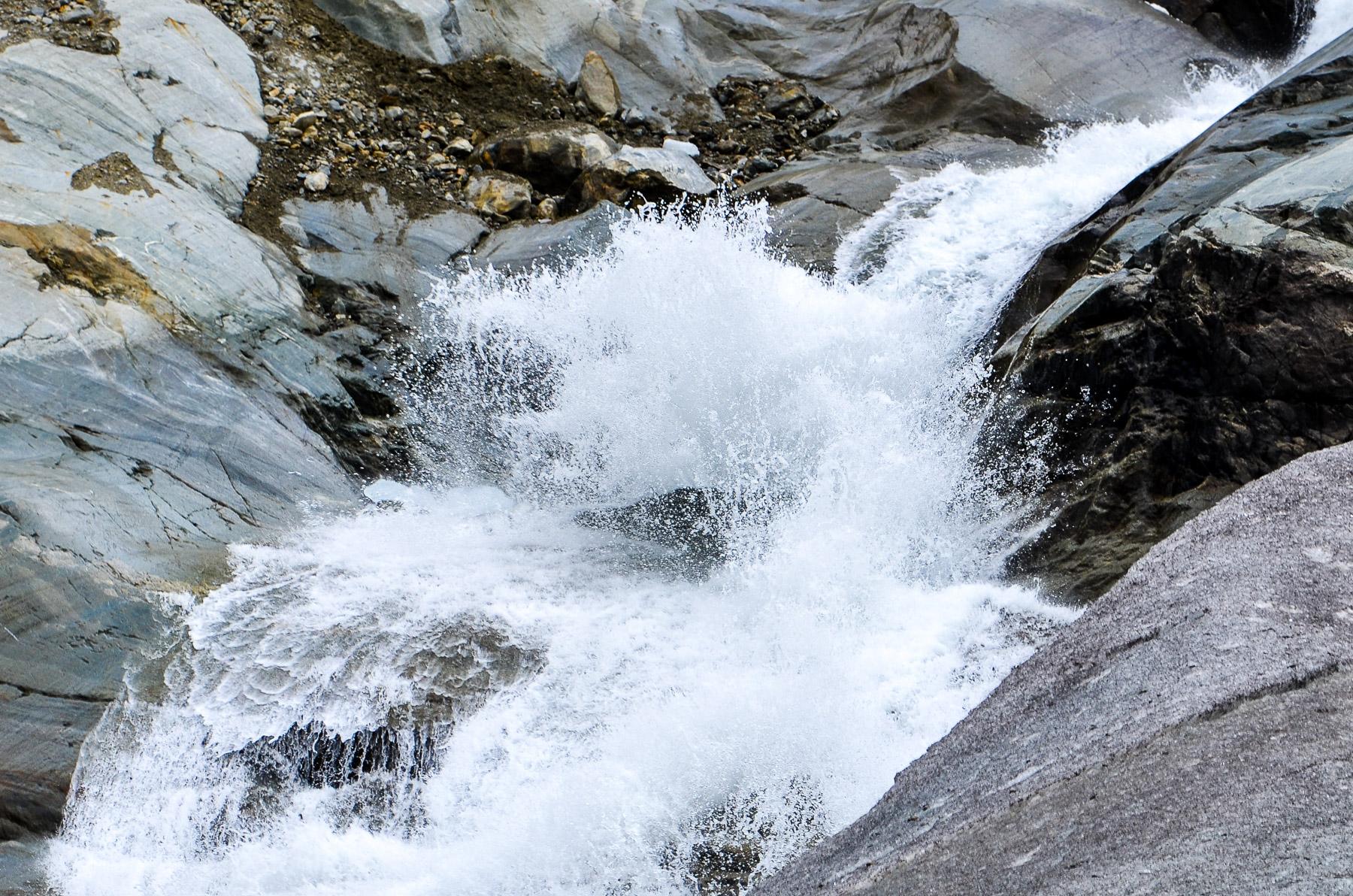
More
Snapshots of a changing alpine climate

In compliance with the JTI standards
More: SWI swissinfo.ch certified by the Journalism Trust Initiative
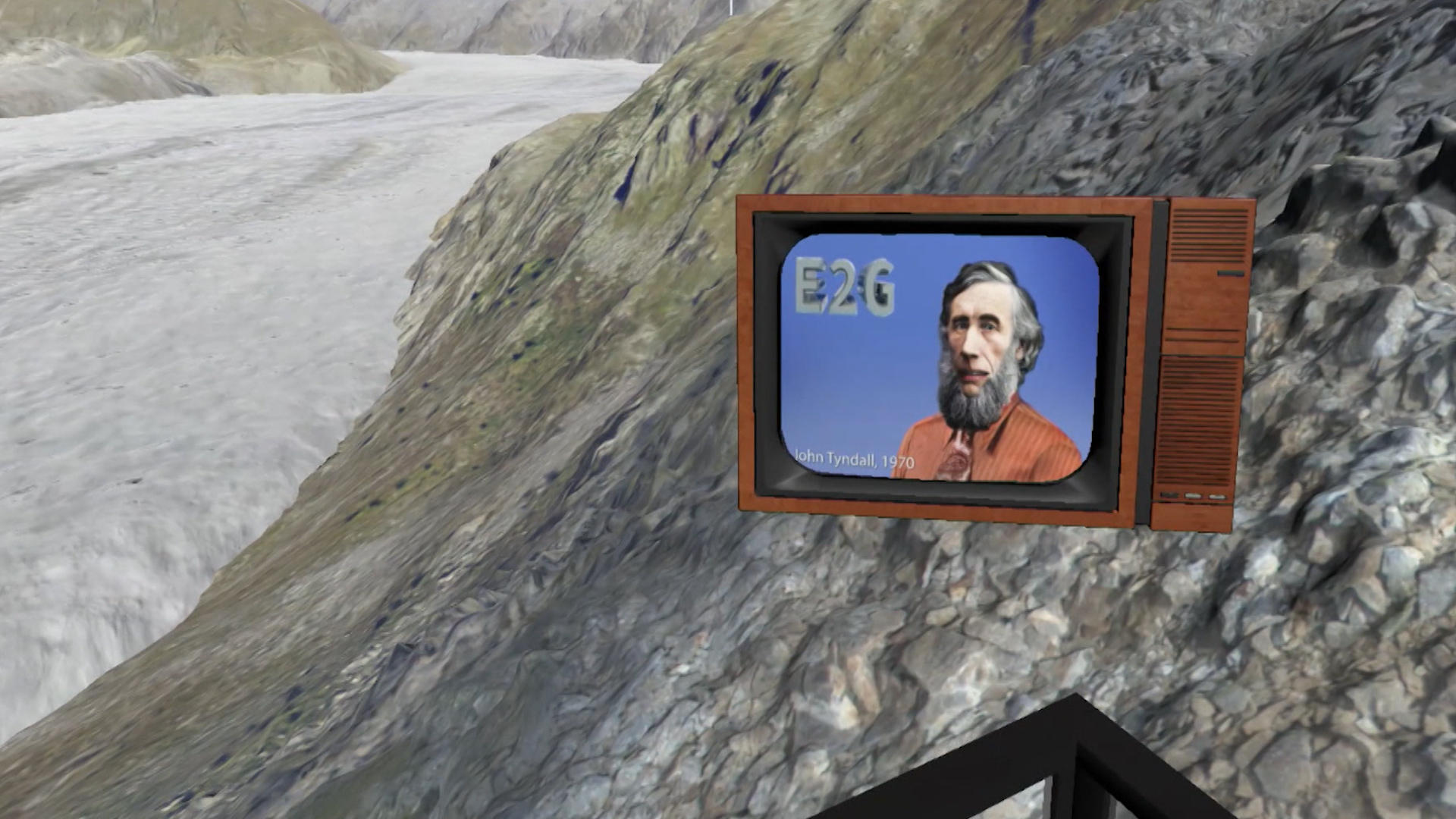
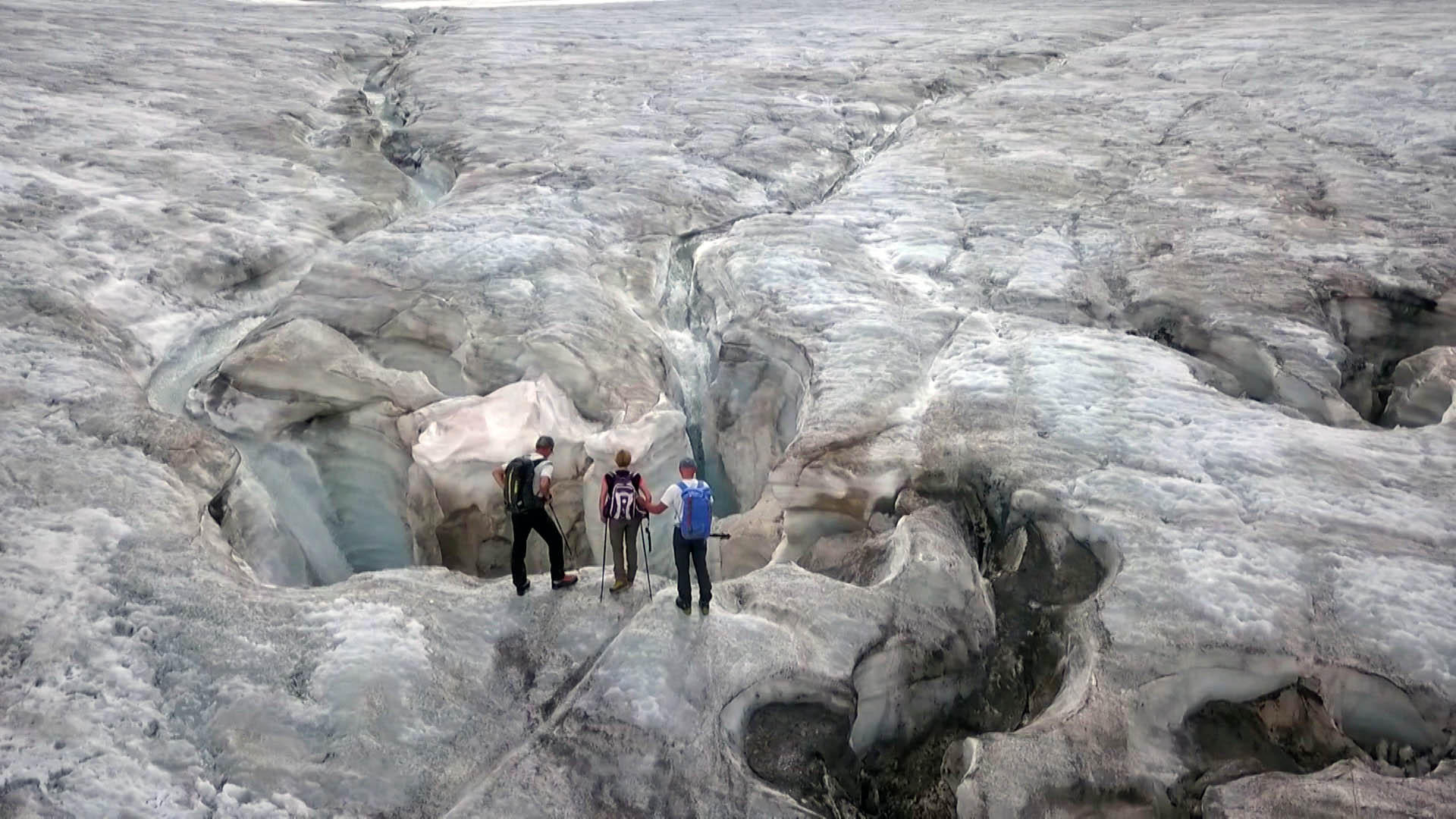
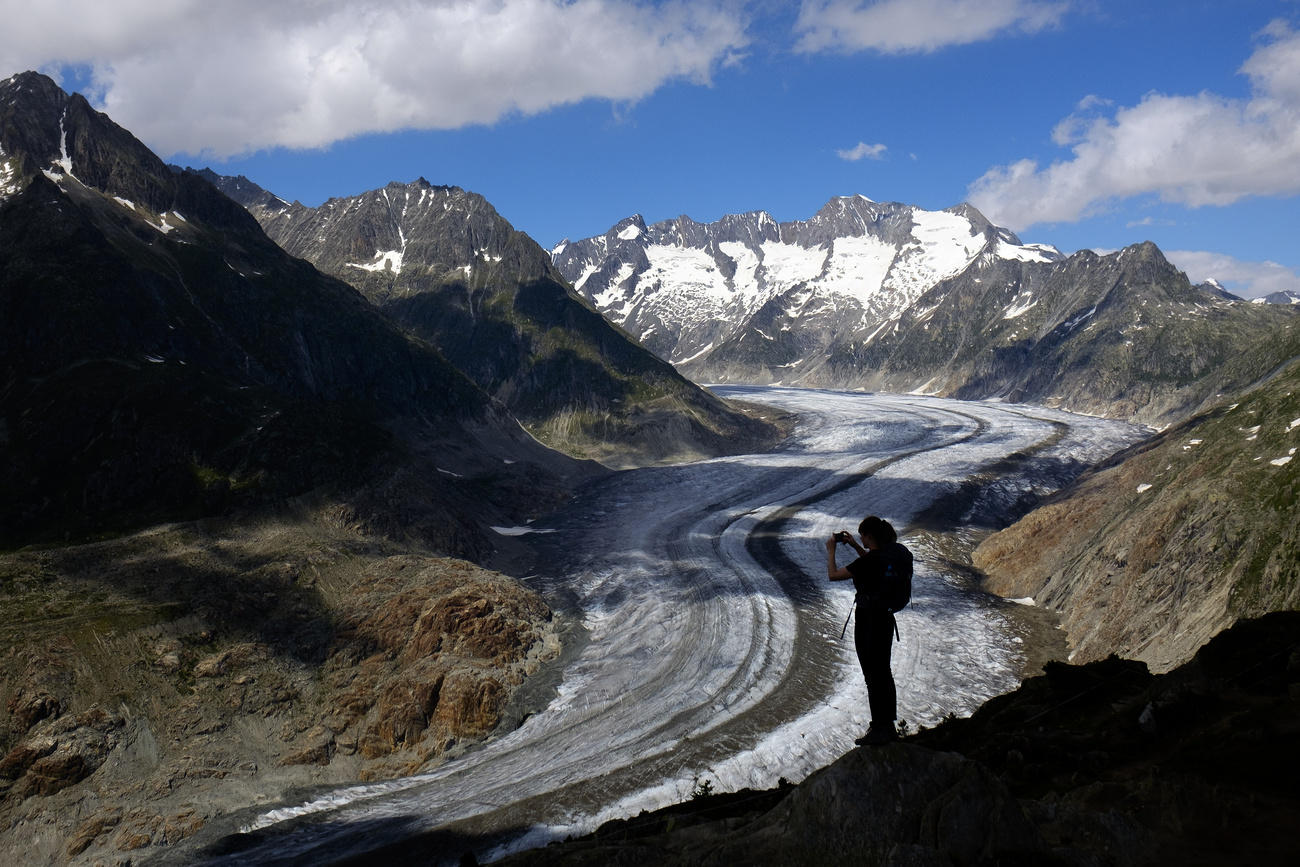
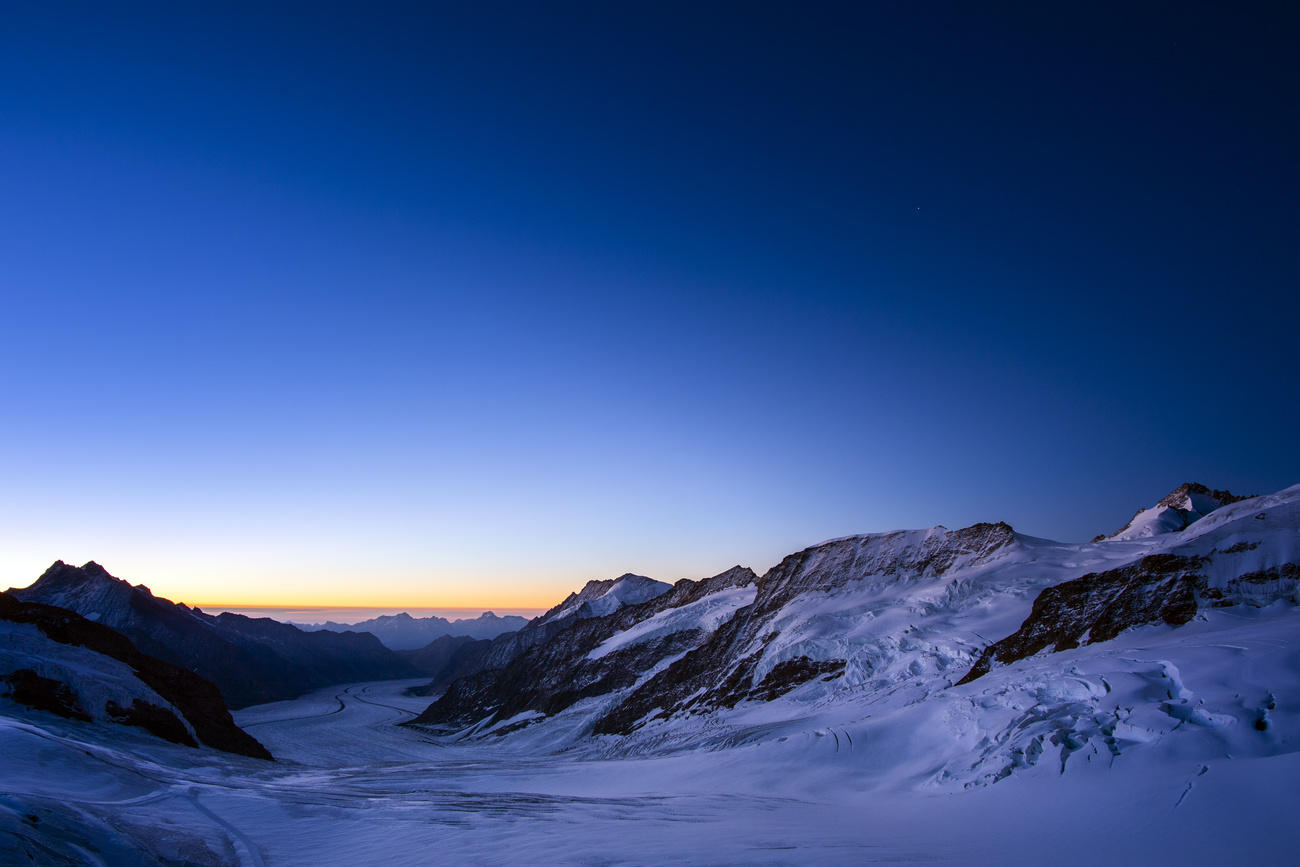

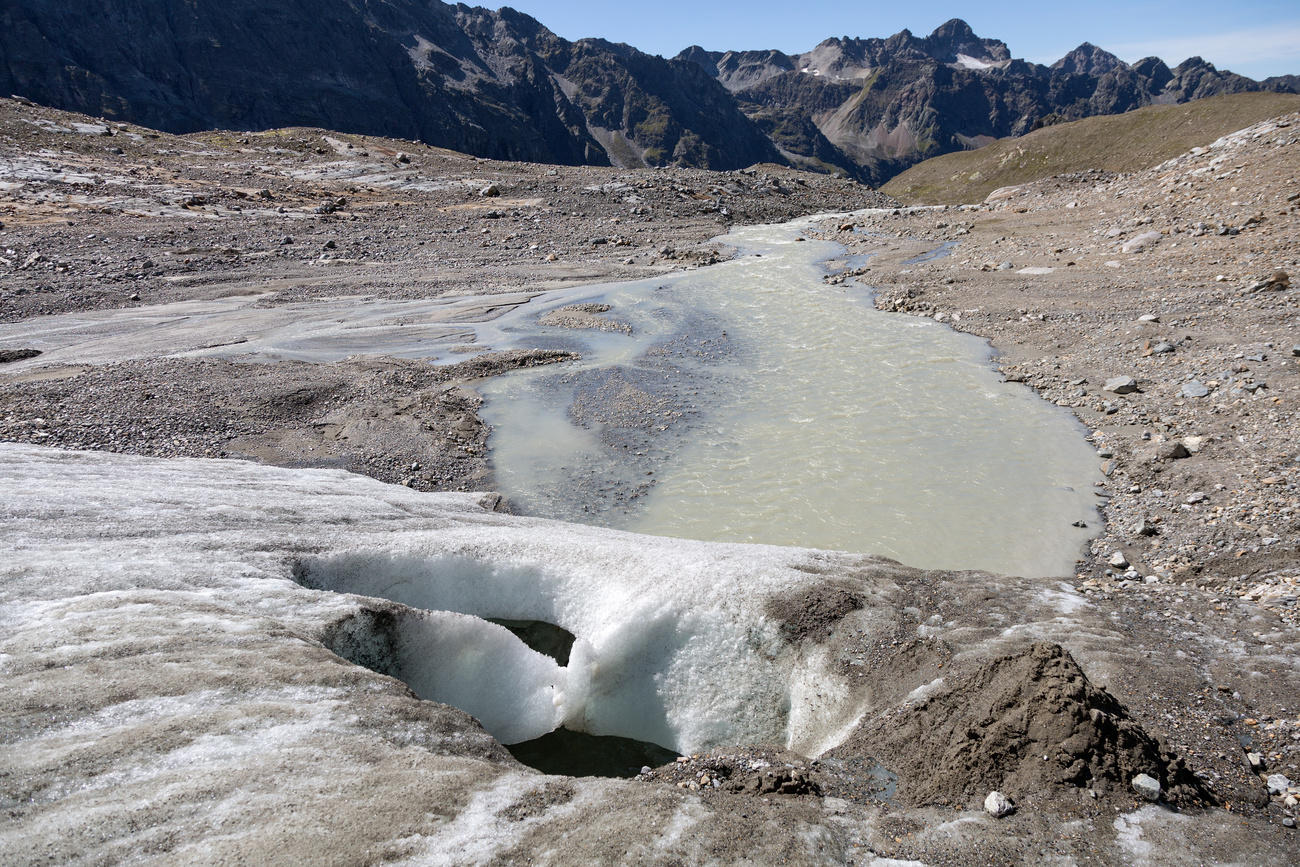
You can find an overview of ongoing debates with our journalists here. Please join us!
If you want to start a conversation about a topic raised in this article or want to report factual errors, email us at english@swissinfo.ch.